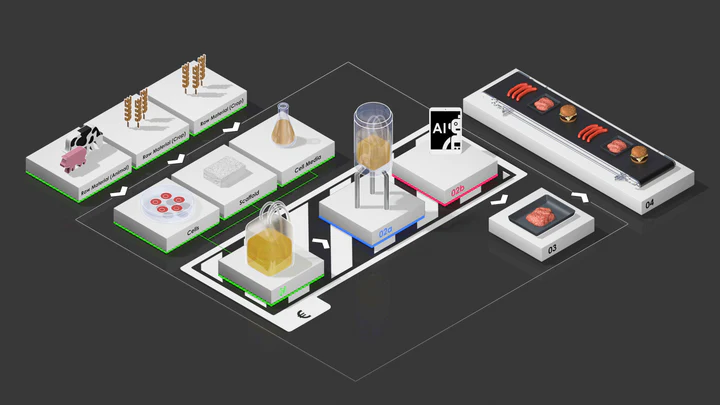

DAIRY PRIDE Act returns to crack down on 'mislabeled' plant-based milk alternatives
A new bipartisan bill introduced in the US Senate seeks to prevent plant-based milk, yogurt, and cheese alternatives from using traditional dairy terms on product labels if they don’t meet strict dairy definitions. Titled the DAIRY PRIDE Act – short for Defending Against Imitations and Replacements of Yogurt, Milk, and Cheese To Promote Regular Intake of Dairy Everyday – the proposed legislation aims to enforce existing FDA standards around the labeling of milk and milk-derived products.
Led by Senator Tammy Baldwin (D-WI), alongside co-sponsors from both major parties including Senators Jim Risch (R-ID), Susan Collins (R-ME), Amy Klobuchar (D-MN), and John Fetterman (D-PA), the bill is a renewed attempt to crack down on what proponents view as misleading marketing by non-dairy food brands.
The bill would amend Section 403 of the Federal Food, Drug, and Cosmetic Act to explicitly prohibit the use of standardized dairy terms – such as milk, yogurt, or cheese – on products that do not meet a specific criterion: being “derived from the lacteal secretion, practically free from colostrum, obtained by the complete milking of one or more hooved mammals”.
That definition draws from long-established FDA standards for milk and dairy products. Under the new legislation, a food item using a dairy term would only be compliant if it either meets this dairy-derived definition or clearly qualifies as an imitation under the Act's existing rules.
In addition to revising the legal framework, the DAIRY PRIDE Act mandates that the Secretary of Health and Human Services, through the Commissioner of Food and Drugs, issue enforcement guidance within 90 days of the bill's enactment and finalize it within 180 days. Any previous FDA guidance inconsistent with the new provisions would be nullified immediately.
The bill also requires the FDA to deliver a report to Congress within two years detailing enforcement activity, such as warning letters issued and penalties levied under the amended law. If misbranded products are still being sold at that time, the agency must submit an updated enforcement plan outlining next steps.
Although the bill text does not mention specific brands, its intent is clear: to restrict the increasingly common practice of plant-based and alternative protein companies using dairy-adjacent terms like 'oat milk', 'almond yogurt', or 'vegan cheese' on product packaging.
This legislative push comes amid growing tensions between traditional dairy producers and the fast-expanding plant-based sector. Dairy groups have long argued that the use of dairy terminology on plant-based alternatives confuses consumers and undermines nutritional trust. Advocates of alternative products, meanwhile, have countered that such terms reflect consumer usage and are necessary for transparency and product clarity.
The bill’s reintroduction signals a growing willingness in Congress to enforce stricter labeling boundaries, especially in response to changing market dynamics and consumer behavior. It remains to be seen whether the legislation will advance through committee and win enough support to become law. However, its bipartisan sponsor list suggests the dairy industry has strong backing on Capitol Hill for clearer definitions and tighter enforcement.
If you have any questions or would like to get in touch with us, please email info@futureofproteinproduction.com

.png)






